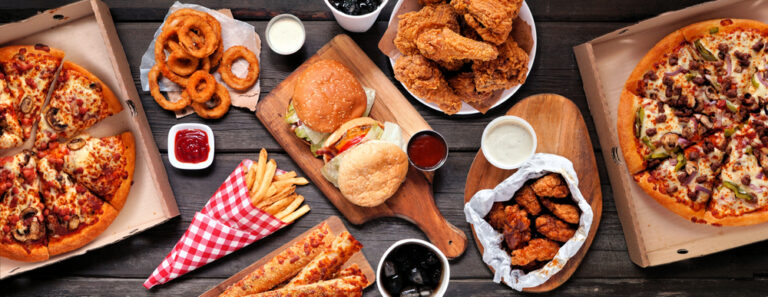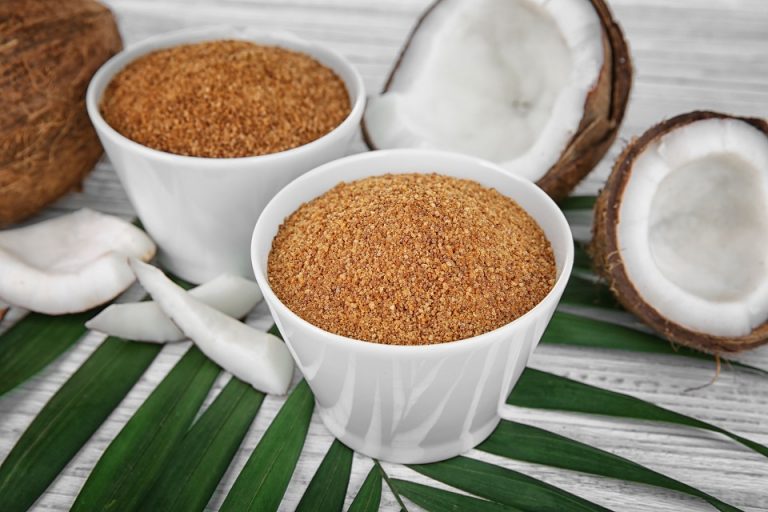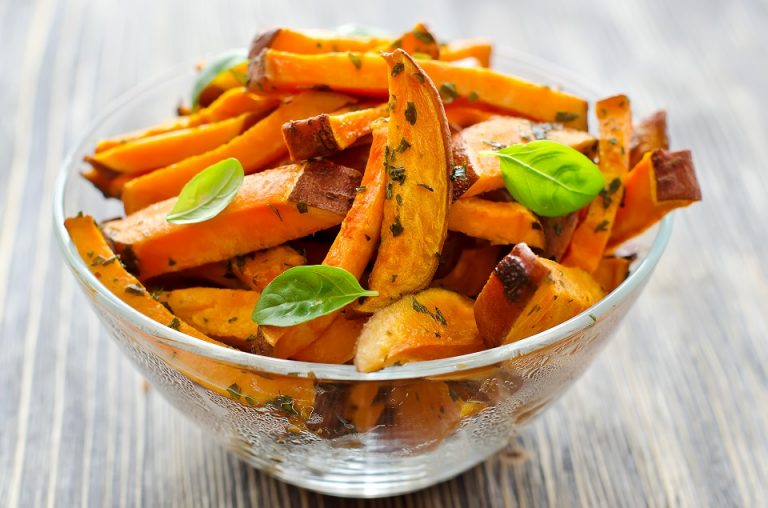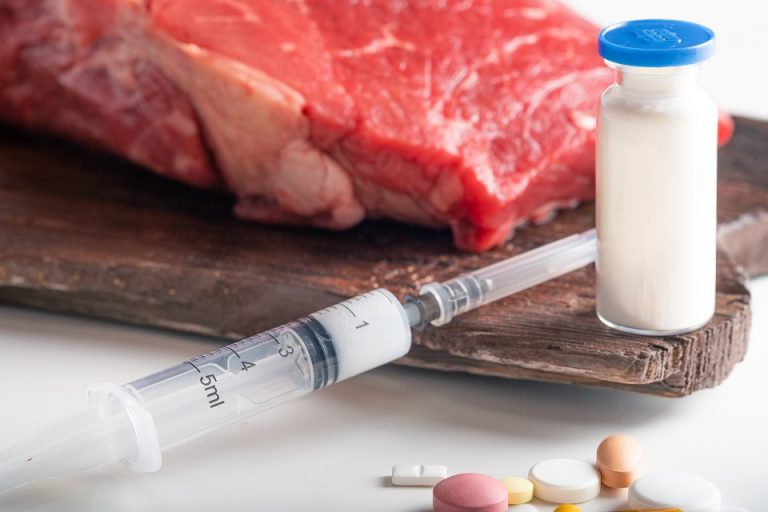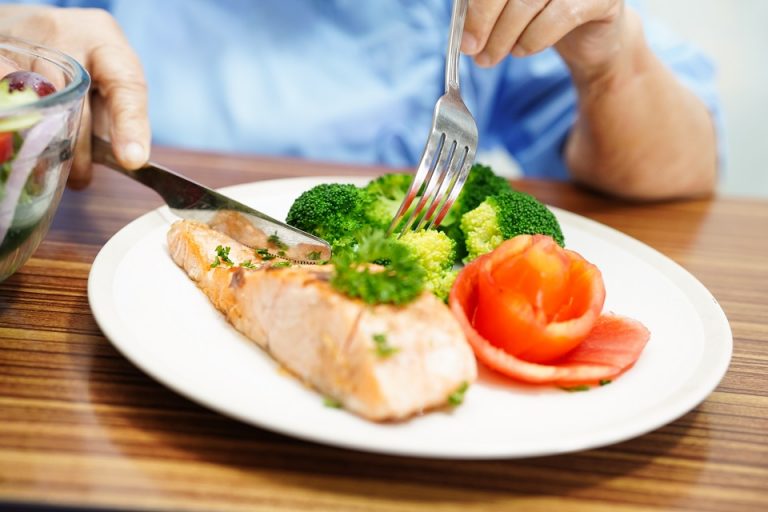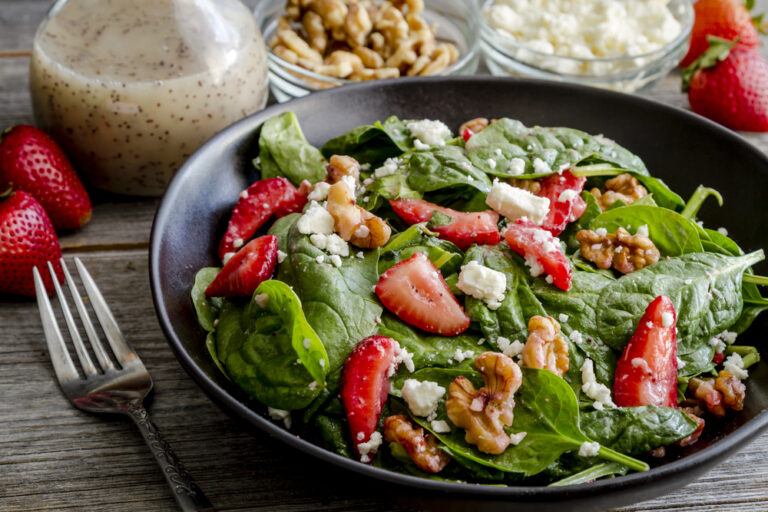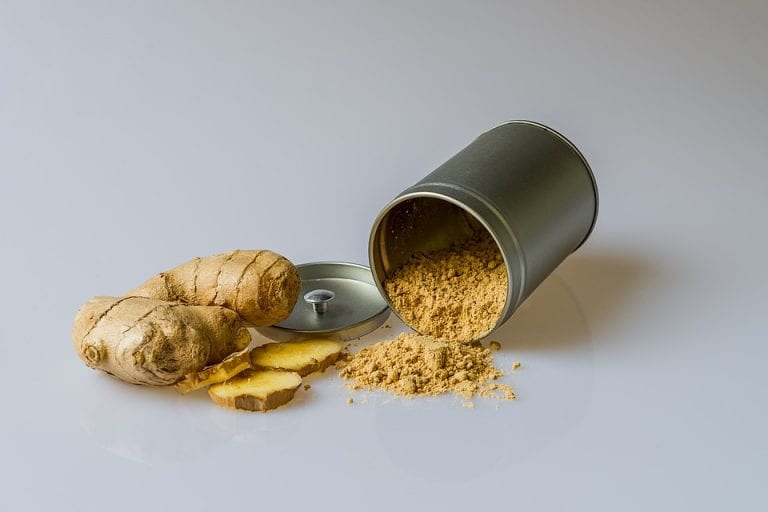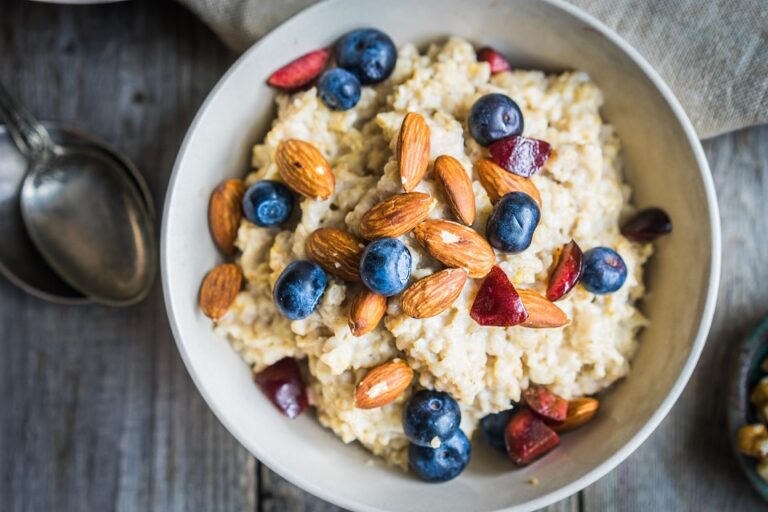
First of all, if you want to reduce your carb intake, you should keep in mind some guidelines about how low-carb foods and diets work. “According to the Dietary Guidelines for Americans, it is recommended to make 45-65 percent of your diet consist of carbohydrates,” says Amanda A. Kostro Miller, RD, who serves on the advisory board for Smart Healthy Living.
“A low-carb diet can technically mean a diet that contains a carbohydrate percentage less than the recommended amount—less than 45 percent of the diet.” However, if you add more low-carb foods into your diet, it doesn’t necessarily mean you’re following a low-carb diet.
“Some popular low-carbohydrate diets set much lower carbohydrate expectations. For example, the keto diet typically allows no more than 5-10 percent of calories from carbohydrates, which for a 2000-calorie diet is just 25-50 grams of carbohydrates daily. To put this in perspective, a medium apple contains 25 grams of carbohydrates,” says Staci Gulbin, MS, MEd, RD, and a licensed dietitian with Livin3.
Although most people are excited about starting a low-carb diet due to its successful weight loss stories, minimizing your carbohydrate intake could actually bring you endless health benefits. “People who need to lose weight and those diagnosed with diabetes (type 1 and 2) can benefit a lot from low-carb diets like keto and Atkins”, says Sofia Norton, a registered dietitian working with Kiss My Keto.
She also points out that “such diets help ‘flip the metabolic switch, making the body ‘switch’ from glucose burning to fat burning. Flipping the metabolic switch increases metabolic flexibility, enhances glycemic control, burns excess fat, and even improves insulin sensitivity.”
Wait….there’s more: “When you restrict carbs on a low-carb diet, you create somewhat of an energy crisis. The body prefers burning carbs for energy because they’re easier to burn than fat and protein. But once you deprive it of its favorite fuel, the body has no other option but to start burning fat. This boosts your chances of weight loss, and for those with diabetes, it lets your body utilize a different fuel source and it improves metabolic health in the long run,” she adds.
Now that you’re properly informed, you may think that following a low-carb diet and ordering a fast-food item don’t go well together—and yes, you’re right, but not 100 percent. Several nutrition experts and registered dietitians compiled a list of 15 low-carb fast food item you can still eat even when you’re following a heart healthy weight loss diet.






